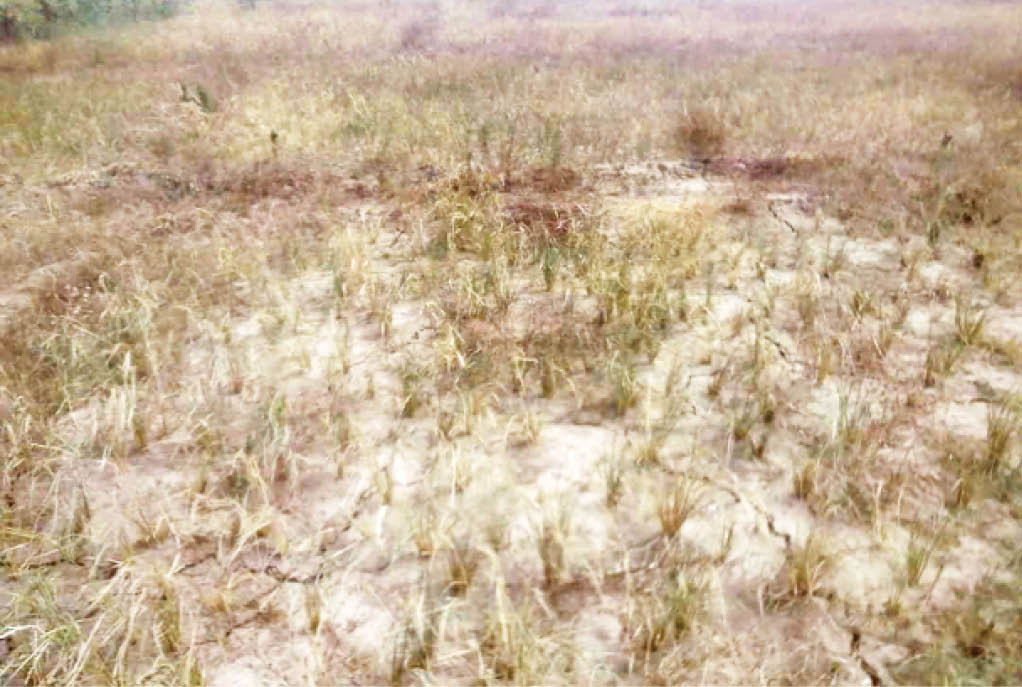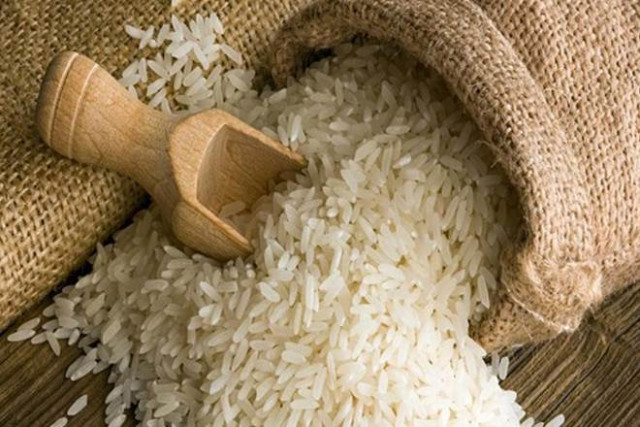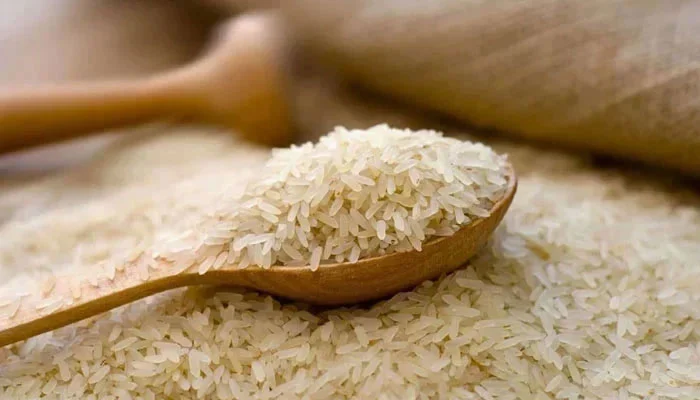Tags
How Climate Change Affects Rice Production In Yobe
Temperature increase and changes in patterns of rainfall and its distribution under global climate change have led to substantial modifications in land and water resources…

Temperature increase and changes in patterns of rainfall and its distribution under global climate change have led to substantial modifications in land and water resources for rice production, as well as the productivity of rice crops grown in different parts of the world.
Rice farmers in Yobe State said climate change was affecting their crop yield, especially rice, due to high temperatures and unpredictable rain patterns, saying this farming season has been terrible for them.
They said hope for a bountiful rice harvest was cut short by short rainfall, and early departure forced them to use supplementary irrigation to pump water for their crops to grow.
Suleiman Alhaji Musa, one of such farmers in the Gashua area of Yobe, told Daily Trust on Sunday that he invested a huge amount of money in his rice farm without considering climate change factors.
‘‘We invested a huge amount of money hoping for a bountiful harvest, but unfortunately, this year, there is shortage and irregularities in rainfall; so, many rice farmers, including me, recounted losses.
‘‘There is high cost of rice farming production, starting from the price of fertiliser, pesticides and labour. The biggest one is fuel to pump water to your farm, but during the rainy season, rainfall would help farmers to save their money from buying fuel.
‘‘This year, things have become worse as changes in patterns of rainfall have forced many of us into poverty. The price of fuel now is more than N650 per litre. And we spent a lot with the expectation of harvesting, but unfortunately, short rainfall and early departure have forced many of us to leave our farms.
‘‘A place in your farm where you are expecting 15 bags of paddy rice will only give you 9 bags, which is very unfortunate. This will seriously affect food production this year,’’ he said.
Daily Trust on Sunday gathered that the Nigeria Meteorological Agency (NiMet) had predicted that Yobe is among the northern states that would have delayed rainfall and early departure this year.
The agency also advised farmers to take actions and measures such as moisture preservation in farms, practising zero tillage, and use of supplementary irrigation, among many others.
It was gathered that many farmers in Yobe were unaware of the NiMet prediction; hence their reason for investing in rice farming without considering climate change factors in northeastern states.
Aliyu Suleiman, a rice farmer who has spent over 8 years in the business, said this season had been terrible for them as many of them had sold their assets to buy fuel to pump water for their crops to grow. He lamented that price of fuel had skyrocketed.
‘‘Some of us have to work on other people’s farms to get the money that can buy fuel to pump water for our crops to grow. Some of us sold our assets to buy fuel because you cannot leave your crops to die.
‘‘For now, I have spent over N30,000 on fuel alone. I left some part of the farm for cows and other animals to feed because I cannot buy fuel every day. If we got enough rainfall, things would have become easy for us without spending a lot on buying fuel. I have borrowed a lot from people, hoping that there would be bumper harvest to pay back,’’ he said.
Daily Trust on Sunday gathered that climate change-related events, such as flood, environmental degradation and drought have worsened the living condition of farmers in Yobe North.
Muhammad Sani Amadu, a rice and tomato farmer, told our correspondent that he had been into rice farming for over 40 years but climate change had been his challenge for over six years, and this year is the worst.
‘‘I used to harvest 100 bags of paddy rice every year, especially during rainfall, but this year, due to unpredictable rain patterns, we bought one poster of fuel (31 litres) at N21,000 to pump water for our rice to grow; which is unacceptable.
‘‘Flooding has been submerging my house and farm every year in the last three years. That is why I changed the farm to this one, hoping that things would get better, but unfortunately, this disaster you called climate change occurred to me again.
‘‘Based on my prediction, what I wwould harvest might not reach 30 bags of paddy rice, which is very poor. And it might not pay the money I borrowed from my relatives and associates,’’ he said.
Daily Trust on Sunday learnt that the removal of fuel subsidy has forced the rice farmers to reduce the size of their farmlands so that a farmer can plant what his pocket can pay for fuel or even leave the field as changes in patterns of rainfall continue to persist.
A rice and vegetable farmer, Usaini Inusa Gashua, told our correspondent that last year, he harvested over 30 bags of paddy rice and 40 bags of onions even though they experienced flood disaster.
‘‘Last week, I went to the market, where I discovered that the price of onions is N65,000 per bag. If we had gotten enough rainfall and our hope for a bountiful harvest was not cut short by this short rainfall, the story would have been different.
‘‘Usually, farmers rely so much on rainfall because you would not buy fuel to pump water for your crops to grow. We used to smile and deal with small issues, but now, things have changed.
‘‘As a result of these changes, we have to buy fuel at the high cost of N700 from the N220 per litre we used to buy in previous times.
“Many farmers are worried about this development, saying it would affect rice production in Yobe this year.
‘‘I know a lot of farmers that have left their crops after investing heavily, due to this climate change because they don’t have money to buy fuel as they didn’t know that this disaster would happen this year,’’ he said.
https://dailytrust.com/how-climate-change-affects-rice-production-in-yobe/Published Date: December 3, 2023





